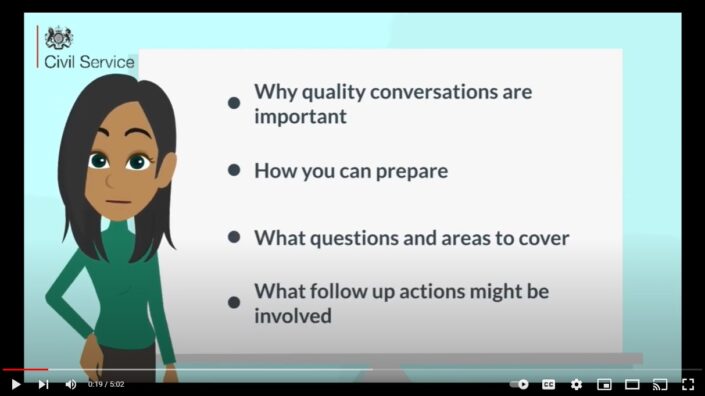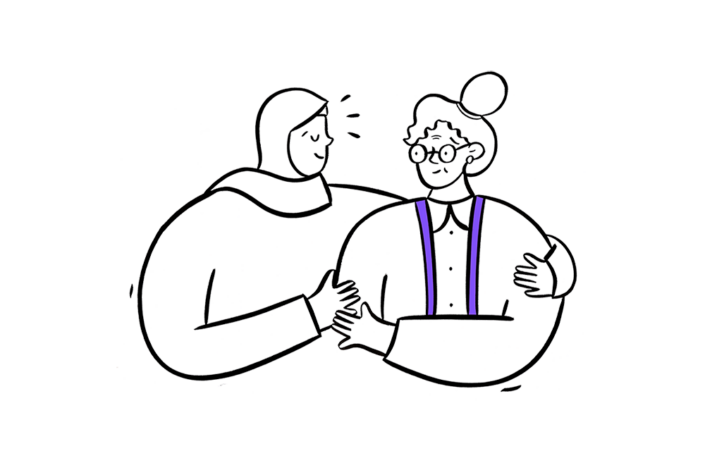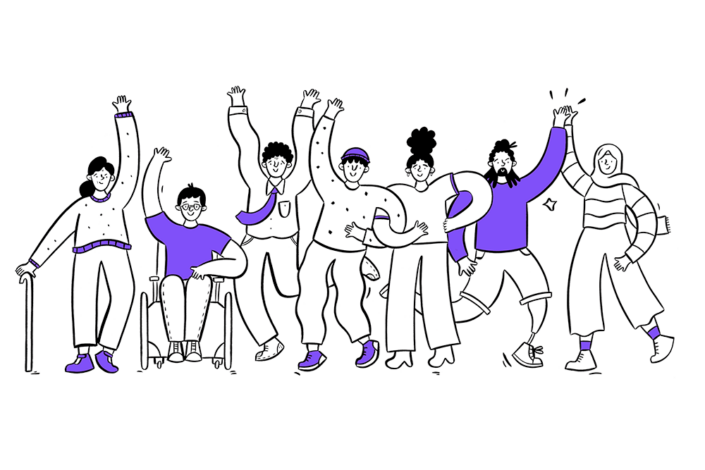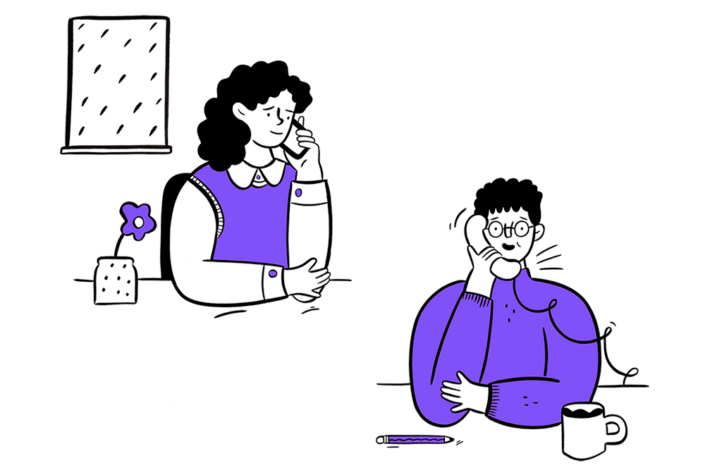Information for Civil Service employees about adjustments to remove workplace barriers.
Workplace adjustments help to break down barriers which prevent or disadvantage someone from performing effectively in their job.
Examples of barriers might include:
- physical – this refers to the design of the physical workplace. For example, the access to a building, design of office furniture or equipment, or an alarm which is sound only, with no visual alert
- organisational – this could be a policy or working practice that excludes or is a barrier to an employee with a disability. An example could be introducing a new IT based package without considering accessibility issues.
- attitudinal – this could be viewing people with disabilities as passive, dependent or restricted. An example could be excluding someone from a development opportunity, without checking with them.
- communication – this could be communicating in a way that doesn’t enable employees with a disability to participate in meetings or failing to provide access to interpreters, lipspeakers or palantypists.

Who are workplace adjustments for?
Anyone might need a workplace adjustment at some stage in their career either as a result of a temporary injury or illness or the development of a health condition or a long-term disability. The cause may be an obvious physical condition, fluctuating poor health, a mental health issue or a non-visible condition. Health and / or personal circumstances can change suddenly or over time.
As an inclusive employer, the Civil Service provides adjustments and/or support to all employees who need these to remove workplace barrier(s) regardless of whether they have a disability or health condition under the Equality Act 2010. The term ‘Workplace Adjustment’ is used in communications, HR policies, guidance and products, rather than the term ‘Reasonable Adjustments’ to reflect this.
Can’t see the video? Watch on YouTube.

Why are workplace adjustments so important?
Action 14 of the Declaration of Reform commits the Government to being a model employer, making the pledge that citizens living with disabilities can flourish in public service. Furthermore, we have a legal obligation to minimise disadvantage and take steps to meet the needs of people from protected groups as part of our Public Sector Equality Duty, under the Equality Act 2010.
Where can I get advice?
Holding a good quality conversation about workplace adjustments with your line manager is a key step towards getting the right support in place. Most adjustments can be agreed and implemented between an employee and their line manager.
If you need further advice, your first port of call should be your departmental intranet site. Your department’s workplace adjustment policy and process will signpost you on how to get in touch with experts and obtain any specialist advice.
A Workplace Adjustment Passport
The Passport template can be useful for structuring your conversation about workplace adjustments with your line manager, as well as being a record of your barriers, workplace adjustments and support they’ve agreed.
Sharing and regularly reviewing your completed Workplace Adjustment Passport with your line manager will ensure your adjustments continue to meet your needs. Similarly, sharing this when you change roles or line managers will enable a smooth transition and continuity of support.

Useful Links
Information on the importance of the Workplace Adjustment Passport for Civil Service employees.
Shared advice on reasonable adjustments for people going through the recruitment process.
Related pages

Whatever you are coping with, we can listen and find ways to help.

We get how hard it is to care for someone. You need care and support too. We’re here to help.

Make a life-changing difference to a civil servant when they most need it. Fundraise, donate or volunteer your time.

